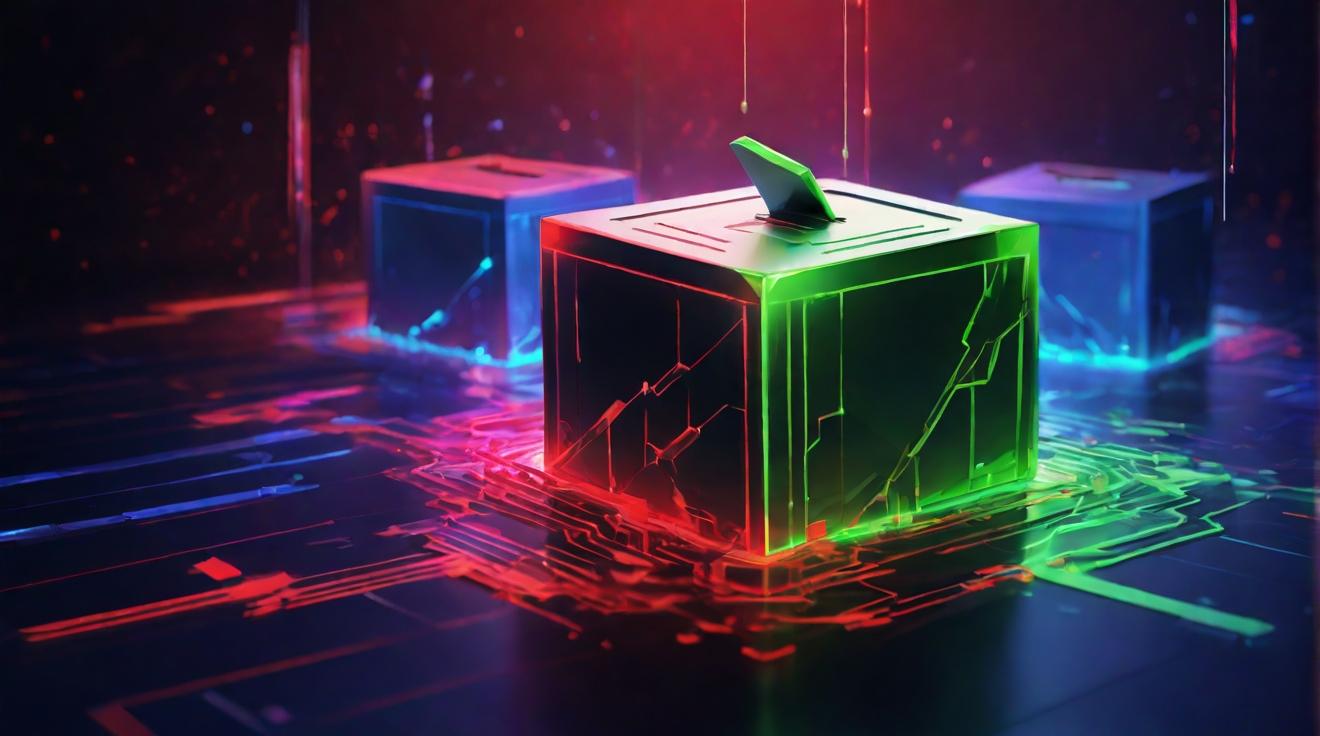Stellantis partners with French sodium-ion battery startup Tiamat for EV production
Stellantis, the global automotive manufacturer, has announced a partnership with French sodium-ion battery startup Tiamat. The collaboration aims to diversify Stellantis’ electric vehicle portfolio and reduce its dependence on scarce resources. The exact amount of the investment has not been disclosed, but it is part of Tiamat’s initial fundraising of 150 million euros.
Stellantis invests in Tiamat to diversify electric vehicle portfolio
The investment by Stellantis in Tiamat is a strategic move to expand its electric vehicle offerings. By partnering with Tiamat, Stellantis aims to diversify its portfolio and mass-produce electric vehicles. This investment comes at a time when the global electrification boom is driving up the demand for lithium, a scarce resource. Tiamat’s sodium-ion batteries offer a promising solution, as they can replace lithium with more abundant sodium.
French sodium-ion battery maker Tiamat receives funding from Stellantis
Tiamat, a French startup specializing in sodium-ion batteries, has secured funding from Stellantis. This investment will enable Tiamat to further develop its battery technology and expand its production capabilities. The funds will also be used for the construction of a battery factory in northern France. This gigafactory will have an initial capacity of 0.7 gigawatt-hours by 2026, and it has the potential to increase to 5 GWh by 2029.
Tiamat to build battery factory in northern France to support EV production
As part of its expansion plans, Tiamat is building a battery factory in northern France. This state-of-the-art facility will support the mass production of sodium-ion batteries for electric vehicles. The factory, which is the fifth gigafactory for the electric vehicle supply chain in the region, is expected to have a capacity of 0.7 gigawatt-hours by 2026. This capacity can be scaled up to 5 GWh by 2029. The construction of this factory will contribute to the growth of the electric vehicle industry in France and support the country’s transition to sustainable transportation.
Tiamat’s sodium-ion batteries offer sustainable and affordable alternative for electric vehicles
Tiamat’s sodium-ion batteries offer a sustainable and affordable alternative for electric vehicles. These batteries are produced without the use of lithium, a metal that is in high demand due to the global electrification boom. Instead, Tiamat uses sodium, which is far more abundant and readily available. While these batteries may offer less mileage compared to lithium-ion batteries, they make up for it with faster charging capabilities. This makes Tiamat’s batteries well-suited for small vehicles. The development of sodium-ion batteries aligns with Stellantis’ goal of achieving carbon net zero by 2038 and its commitment to exploring more sustainable options for electric vehicle batteries.
In conclusion, Stellantis’ partnership and investment in French sodium-ion battery startup Tiamat signify their commitment to diversify their electric vehicle portfolio and reduce their reliance on scarce resources. Tiamat’s sodium-ion batteries offer a sustainable and affordable alternative for electric vehicles, and the construction of a battery factory in northern France will support the mass production of these batteries. This collaboration represents an important step towards achieving carbon neutrality in the automotive industry and driving the transition to sustainable transportation.
Analyst comment
Positive news: Stellantis partners with French sodium-ion battery startup Tiamat for EV production. Stellantis aims to diversify its EV portfolio and reduce dependence on scarce resources. Tiamat’s sodium-ion batteries offer a sustainable and affordable alternative. The investment and partnership support the growth of the electric vehicle industry and contribute to achieving carbon neutrality. Analysis: This collaboration will drive market growth for electric vehicles and contribute to the development of sustainable transportation. With the demand for lithium rising, Tiamat’s sodium-ion batteries offer a promising solution for the industry’s future.













